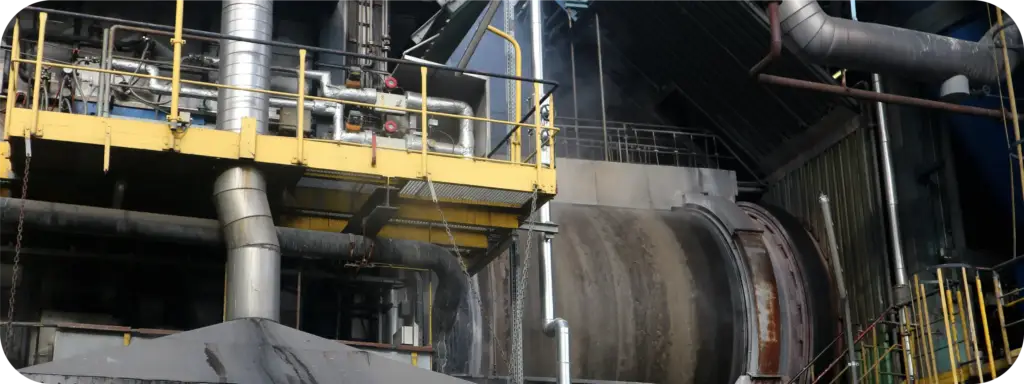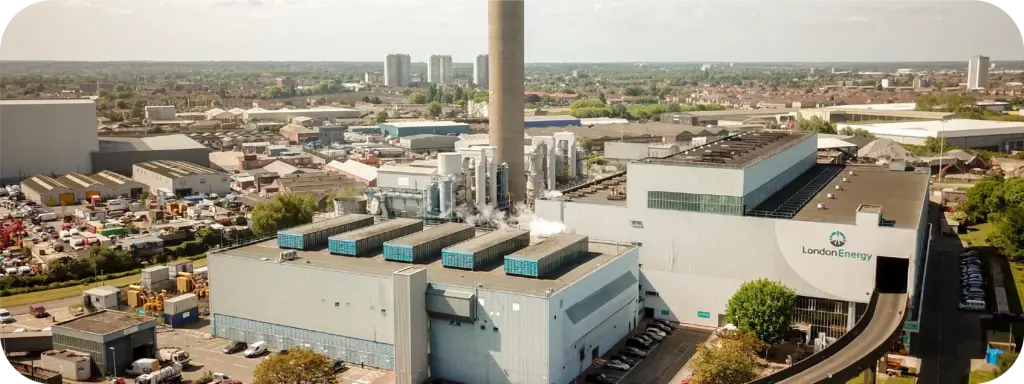Incineration is a typical waste disposal technique used by a variety of businesses. To prevent unwelcome toxins and impurities from entering the environment, this procedure must be properly planned and monitored. These contaminants can cause damage to human health and to our planet, so there are strict environmental regulations to adhere to. With our activated carbon products, which are made to absorb unwanted airborne chemicals from flflue gases, Watch Water Carbons can offer a practical solution. We can assist you in selecting the best solution for your needs because of our significant expertise and experience in this area.


There is a significant amount of chemical and biohazardous waste produced by contemporary hospitals. Many bigger hospitals have on-site burning facilities to properly dispose of waste items, maximize heat recovery, and reduce environmental effects. The flflue gas will need to be treated before being released into the atmosphere, just as in dustrial incineration facilities.
Burning causes contamination that requires carbon treatment:
Plastics (emitting dioxins), Batteries and thermometers (emitting mercury). Mercury concentrations in this application tend to be very high

High-temperature incineration is largely acknowledged as the most ecologically acceptable means of getting rid of hazardous wastes produced in industrial operations, coming in second only to waste reduction initiatives. There are just a few large-scale operations because of the strict licensing and regulation of hazardous waste incinerators. Hazardous waste is sometimes difficult to burn and necessitates a large volume of flflue gas in comparison to the amount of garbage being burned.
Contamination that has to be cleaned up using powdered carbon arises from:
Burning halogens in liquid form (producing dioxins), Disposal of mercury-containing industrial waste

Domestic solid waste is disposed of using high-temperature incinerator-tion, and the energy recovered is then utilized to warm the boiler feed water and provide district heating for the neighborhood. In order to purify the flflue gas, it must first be cooled to the proper temperature and then subjected to dry adsorption
Burning causes contaminants that need carbon adsorption to appear in:
Plastics (emitting dioxins), Batteries (emitting mercury)
Fill out the form below and for specialist will be touch.